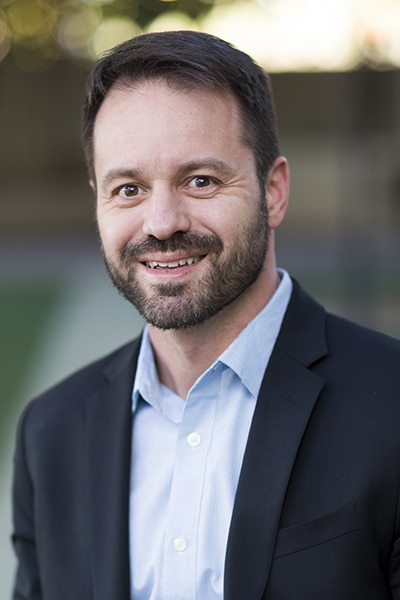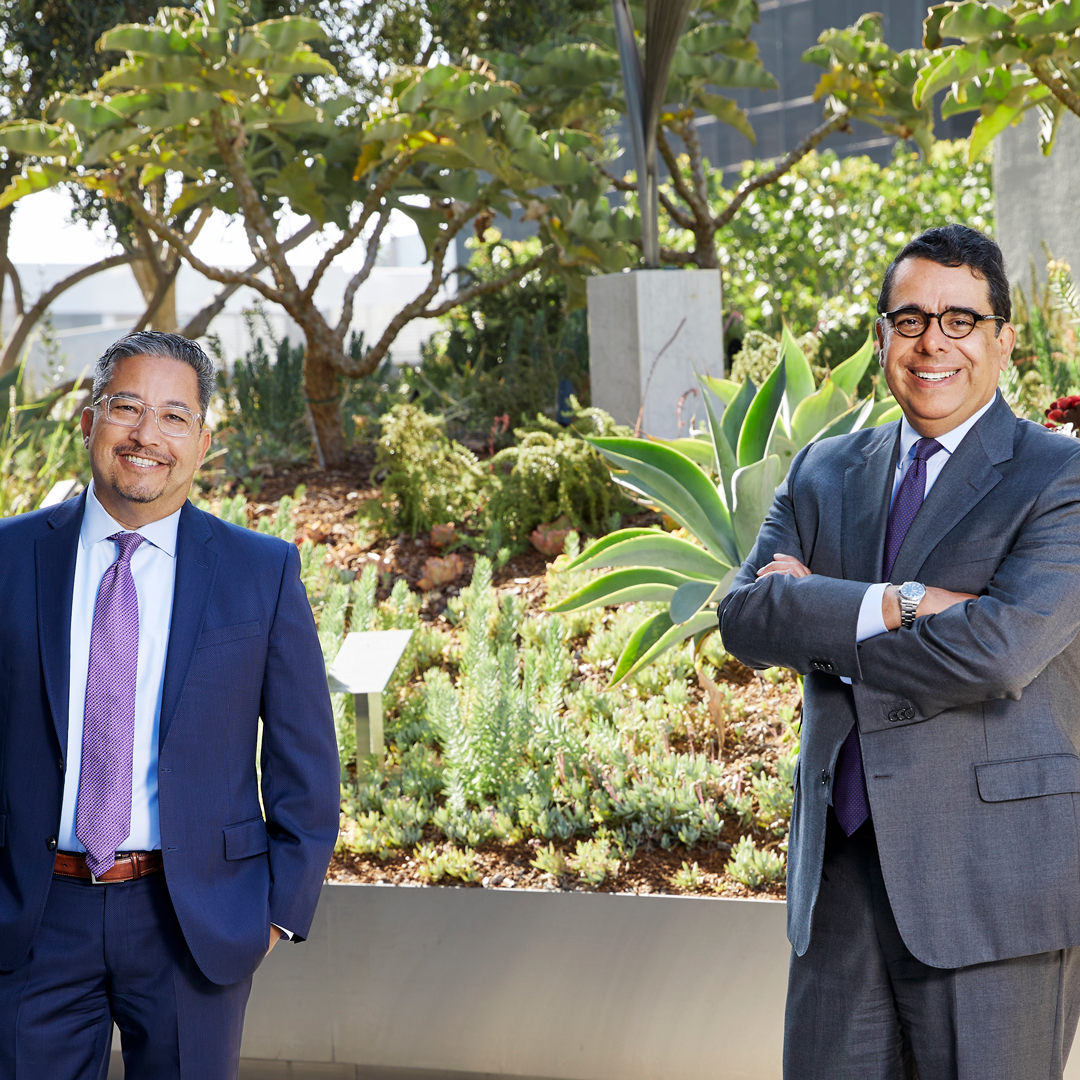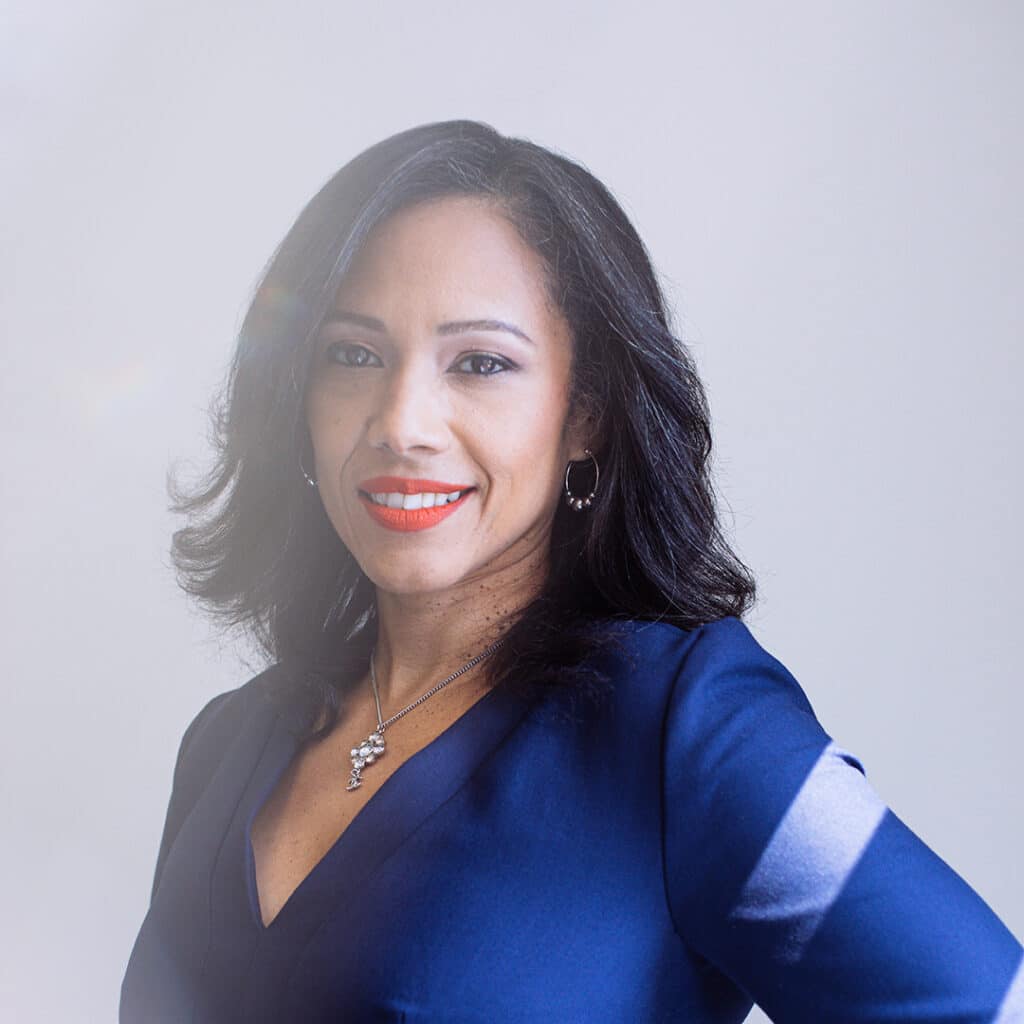|
Getting your Trinity Audio player ready...
|
From a young age, Rolddy Leyva knew what “otherness” felt like. A Cuban refugee with an Irish first name and a Spanish surname, Leyva recalls being told by his first-grade teacher that his name was too difficult to pronounce. His teacher suggested he go by “Rod” instead. This led the young immigrant to push a meaningful part of his identity into a closet, feeling that assimilation to “Americaness” was the only way to achieve safety and acceptance in his Florida hometown.

But later, in his professional life, Leyva found a way to tell the stories of those who—like him—felt they had to hide important parts of themselves in order to fit in. This experience didn’t just make him a storyteller; it put him on the front lines of advancing the kind of change that would have made his earlier life—and the lives of other immigrants, minorities, and “societal others”—part of a much stronger whole.
Leyva is now the vice president of diversity, inclusion and, perhaps most importantly, belonging (DIB) at Capital One, one of the nation’s largest consumer financial services and technology organizations. His team at Capital One is considered an industry leader in terms of investing the time, talent, and capital necessary to ensure that associates, customers, and communities are able to live their most authentic truths and be treated with dignity and respect.
Inclusion Isn’t Enough
Leyva says he wasn’t fully able to appreciate his own past experiences until he joined Capital One more than twenty years ago. In his first role with the company, Leyva was part of a growing business line aimed at supporting the US Latinx community. “It was the first time I recognized that there was a large company that had identified the nuanced needs of the Latinx community in this country,” Leyva says. “They were actively working to meet that need and, for the first time in my career, I felt a sense of pride in my culture and heritage—it was a source of strength for me, something that was valued by my employer.”
Leyva eventually left Capital One to continue building his diversity and inclusion skills with another global firm, but he returned in 2018 to continue his mission: expanding diversity, inclusion, and belonging across the entire enterprise.
“Inclusion is about a choice that is often made by the person choosing to include, and not the person being included,” Leyva explains. “You can include a person on a team, but that doesn’t mean they feel like they belong or even feel welcome there. It’s important to get to inclusion, but our North Star is about belonging—everyone feeling safe, seen, heard, valued, and able to thrive as their best, most authentic selves.”
While Leyva was away from Capital One, the organization evolved significantly. “The company diversified: we acquired banks, increased our focus on technology, and more than doubled our associate base,” Leyva says. “We also moved the needle in terms of growing the representation of women and people of color on the Board of Directors, our Executive Committee, and across the organization. Despite that progress, we also recognized that we were far from where we wanted to be and that more had to be done.”
A Stronger Approach
This strong foundation, Leyva says, has enabled Capital One to be bold in its leadership of advancing equity and belonging, both in its workplace and across its communities.
“The next five years of this work need to be different for the next fifty years of this work to be what it needs to be,” Leyva says. “Legacy diversity systems and practices haven’t gone far enough to move the needle culturally, nor have they gone deep enough to dismantle the deeply rooted history of systemic racism in our society here and around the world.
“The killing of Ahmaud Arbery ignited a movement for us,” the VP continues. “Tragically, it wasn’t the first time we had witnessed the killing of unarmed Black people in our country. But then we learned of Breonna Taylor, and George Floyd. And all of this was happening against the backdrop of a pandemic that was disproportionately impacting the safety and health of Black and brown people, in an economic recession that had equally disproportionate impacts on those same communities.”
Subscribe Now
Receive stories like this in your inbox every two weeks!
Subscribe to the free Hispanic Executive newsletter.
In response, the multiyear DIB approach that Levya had been leading shifted into overdrive. He knew that the need for awareness, action, and accountability on racial justice, equity, and inclusion was more urgent than ever. And in less than a week, Leyva’s team produced a virtual town hall discussion on race. The result was a defining moment in Capital One’s DIB journey.
“Twenty-four thousand associates came together from all over the world to engage in the discussion. It became the largest diversity event in the history of the company,” Leyva says. “We were intentional about the language we used, acknowledging and respecting the real emotions and lived experiences of our Black associates and communities with words that connected directly with the heart of the issue. We weren’t afraid to ‘say the thing,’ and nothing was off the table.”
Real Change
In the weeks that followed, the company continued the discussion on race with help from experts like Michele Norris from the Race Card Project and Ijeoma Olou, New York Times best-selling author of So You Want to Talk About Race. More than fifty thousand associates have attended one of these events since June 2020, programming that will become a recurring cultural touchpoint for the organization and a complement to its active educational outreach and robust action plan for effecting lasting change.
“Part of our focus is on creating change,” Leyva emphasizes. “At the end of the day, awareness and actions are not enough without an underlying system that is inclusive, fair, and equitable. Only then can we make meaningful progress towards the outcomes we seek.”
All people systems—from talent acquisition to performance management and even total rewards—are and will continue to be routinely reviewed to ensure they are aligned with Capital One’s DIB principles of fairness and equity. The company already runs an annual pay equity analysis on both gender and race, and continues to maintain aggregate global pay equity across both groups. In 2020, Capital One also introduced early closure of its offices and banks in recognition of Juneteenth, the oldest known celebration commemorating the end of slavery in the United States.
“It’s more than the strong commitment from leadership; it’s about the forward lean of everyone involved,” Leyva says of these efforts. “Our CEO often talks about how it’s not just our ingenuity, but our humanity that is at the heart of who we are as a company. We aim to bring that philosophy to our leadership on DIB.”
Leyva and his team continue to look ahead, building a path forward for everyone at the company. Capital One’s discussion events resulted in an outpouring of stories being shared and a desire from associates to stay connected and continue the dialogue. Leyva and his team are focused on doing just that—keeping the discussion going and firmly committing to the work that is still to be done.

